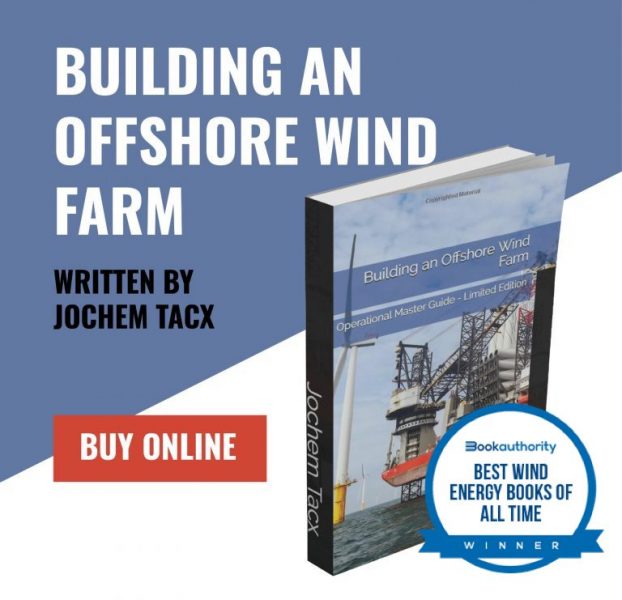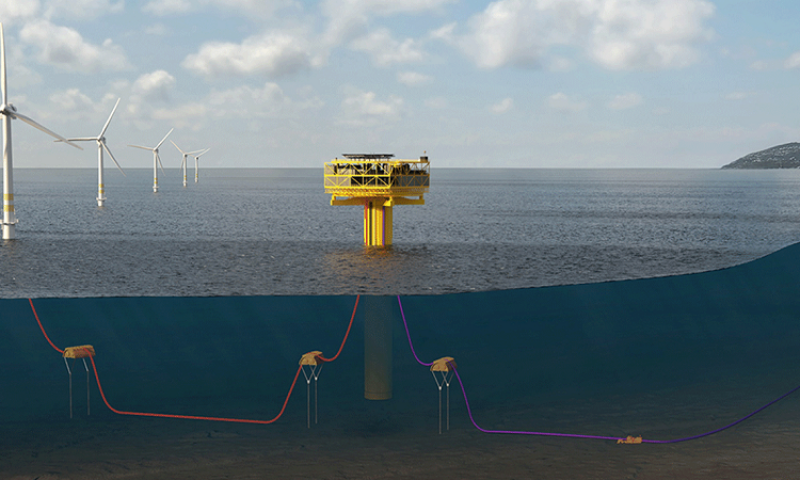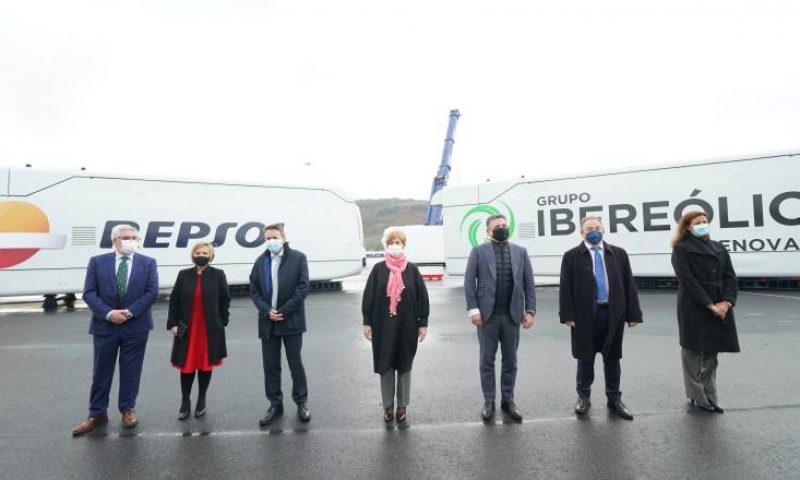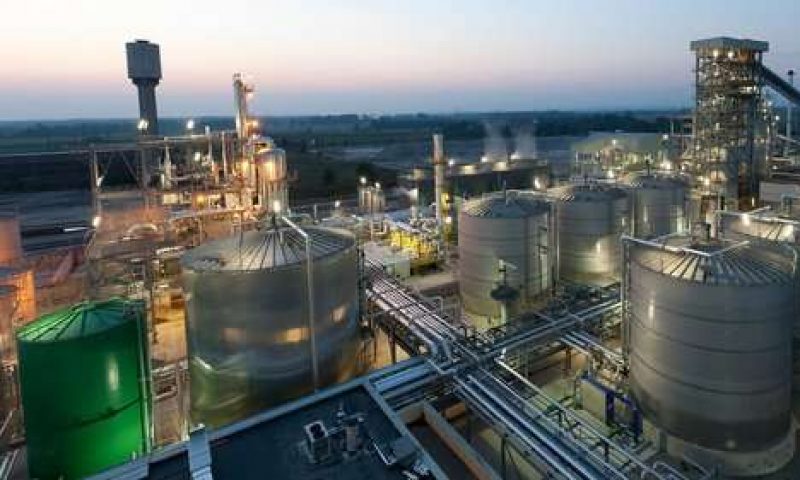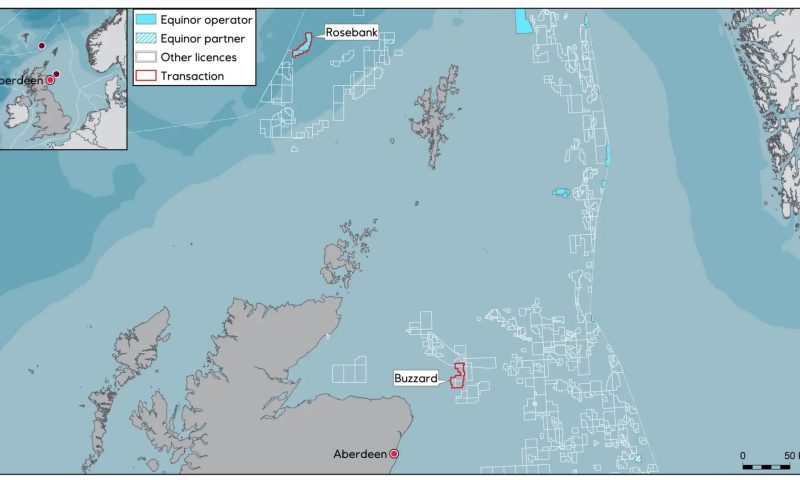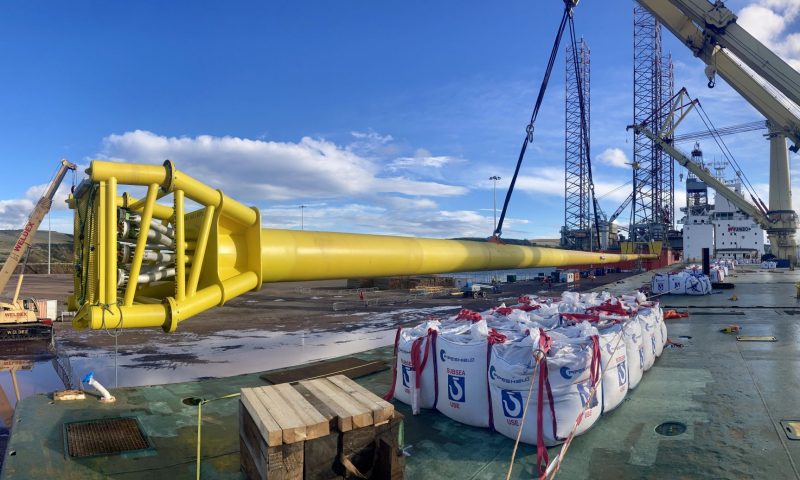
Repsol Adjusts Results to Reach Net Zero Emissions by 2050
Repsol posted a net income of -3.816 billion euros in 2019 as a result of the adjustments undertaken to lay the groundwork for the company’s new strategic orientation to reach net zero emissions by 2050. This result, compared to the 2.341 billion euros achieved in 2018, essentially reflects a correction of 4.849 billion euros in the accounting value of certain assets after assuming a new crude oil and gas price scenario consistent with the climate targets of the Paris Agreement.
On December 2, 2019, Repsol announced that it was orienting its strategy to become a net zero emissions company by 2050, making it the first in its sector to set this ambitious target consistent with the goals of the Paris Agreement, thus aspiring to limit global warming to below 1.5 degrees Celsius with respect to pre-industrial levels. To achieve this, the company is envisaging a progressive reduction of its carbon intensity indicator, using 2016 as the baseline: a 10% reduction by 2025, 20% by 2030 and 40% by 2040, in order to advance towards net zero CO2 emissions in 2050.
This new strategic orientation demonstrates the company’s commitment to the fight against climate change and strengthens its determination to lead the energy transition, in line with the targets of the Paris Summit and the Sustainable Development Goals of the United Nations.
Adjusted net income, which specifically measures the performance of the company’s businesses, totalled 2.042 billion euros, compared to 2.352 billion euros the previous year. This figure, obtained in an environment in which crude oil and gas prices fell considerably and slimmer international margins were recorded in the industrial businesses, reflects Repsol’s strength and ability to generate value.
In this regard, in 2019, the average Brent crude price fell to 64.20 dollars, 10% less than in 2018, while the WTI declined 12% to an annual average of 57 dollars per barrel. For its part, the Henry Hub average gas price dropped 16%, to 2.60 dollars per MBtu.
Despite this unfavorable context, the company increased its operating cash flow by 8%, to 5.837 billion euros.
In July 2019, this strength in cash flow led the Board of Directors to decide to propose at the next General Shareholders’ Meeting an increase in shareholder compensation through the amortization of 5% of the share capital as of December 31, 2018. This will be added to the amortizations that will be carried out in relation to the scrip dividend. A share buy-back program, related to the 5% share capital reduction, is expected to be launched before the General Shareholders’ Meeting that is scheduled to be celebrated in May.
The decision comes in addition to the agreed dividend improvement which, with an annualized 8% increase with respect to 2017, will rise to 1 euro gross per share in 2020 under the scrip dividend formula and the corresponding capital reduction to avoid any dilution.
Repsol’s remuneration policy is among the most attractive on the Spanish stock market and in its sector worldwide. The company enjoys the recognition of investors, who also support its efforts to fight climate change, as demonstrated by the Transition Pathway Initiative (TPI). In 2019, this association, that includes sixty of the largest international investors managing an asset portfolio of over 18 trillion dollars, named Repsol as one of only two companies in its sector worldwide that had a strategy compatible with the targets of the Paris Agreement. Additionally, at the end of January 2020, Repsol was included in the FTSE TPI Climate Transition Index, the only stock market index aligned with the targets of the Paris Agreement.
The Climate Action 100+ initiative, that includes more than 450 international investors managing over 39 trillion dollars, together with the Institutional Investors Group on Climate Change (IIGCC), with over 200 members representing more than 30 trillion dollars, have also recognized Repsol “for committing itself to aligning its activities and investments with the goals of the Paris Agreement.” “By creating a path to firmly transition towards net zero emissions and setting interim decarbonisation targets, Repsol has set a higher benchmark for the industry,” they said.
Furthermore, Standard & Poor’s ranks Repsol among the companies in its sector with the most advanced sustainability strategy, and it assesses the diversification of its businesses and its firm commitment to the Paris Agreement very positively.
Downstream: international growth and in renewables
The Downstream unit (Refining, Chemicals, Mobility, Lubricants, LPG, Trading, Gas Wholesaling, and Repsol Electricidad y Gas) achieved earnings of 1.456 billion euros, compared to the 1.583 billion the previous year. The unit showed its robustness in a year in which it had to face weaker industrial margins, while Trading, Peru, Mobility, and Lubricants improved their performance, to which can also be added a positive contribution by the electricity and gas business.
During the year, the company continued its growth in the electricity and gas business, surpassing the one million customer mark, while also adding new renewable generation assets.
Repsol has consolidated itself as a significant player in the generation of low-carbon emissions electricity on the Iberian Peninsula, with a total installed capacity of 2,952 MW and plans underway to add another 1,185 MW. In addition, the company increased its low-carbon electricity generation capacity target for 2025 to 7,500 MW, which represents an additional 3,000 MW with respect to its previous target. This is joined by the start of the expansion into other markets to become a relevant international player in renewable energy.
Repsol continued making progress as a leader in mobility and acquired the electric-charging network and energy marketing services of Ibil, along with the assets and contracts associated with these activities. This transaction consolidates Repsol’s commitment to developing the mobility of the future, an area in which it will play a key role as the leading supplier of energy for this sector in Spain.
In this same vein, Repsol opened the first ultra-fast charging points for electric vehicles in Spain at two of its service stations. They make it possible to recharge the batteries of vehicles that support its maximum power in five to ten minutes, a time similar to that needed for conventional refuelling. One of them, in Ugaldebieta (Vizcaya), has the most powerful charging points in Europe.
The lubricants business advanced in its international growth plan after signing, in late September, an agreement to acquire 40% of the United Oil Company lubricants company, which will produce and distribute Repsol products in Singapore, Indonesia, Malaysia and Vietnam. This agreement will enable Repsol to increase its presence in Southeast Asia, one of the largest and fastest-growing lubricants markets in the world.
For its part, the chemicals business progressed in the implementataion of its differentiation strategy with the launch of new products like polymers for 3D printing and polyolefins manufactured from plastic waste. This business will also contribute decisively to a more decarbonized economy, with a strong emphasis on efficiency in its industrial processes and oriented towards the circular economy, with the goal of achieving 20% recycled content in its total polyolefins by 2030.
In refining, Repsol has carried out scheduled shutdowns in the Cartagena, Bilbao, A Coruña, and Puertollano refineries to incorporate technological, energy efficiency, and safety improvements. This work has served to ensure the maximum availability of its facilities for the entry into force, on January 1, 2020, of the new International Maritime Organization (IMO) regulations, which will benefit Repsol competitively. This business will also play a considerable role in the decarbonization of the company, with a further reduction of direct emissions of 25% by 2025 which is added to the 23% cut in CO2 emissions achieved between 2010 and 2017. Furthermore, Repsol will integrate renewable energy in the refining operations through the production of green hydrogen and the use of electricity of renewable origin for its industrial processes.
Upstream: prioritizing value creation
The Upstream unit (Exploration and Production) earned 1.050 billion euros, compared with the 1.325 billion recorded in 2018. The business demonstrated its capacity for adaptation and flexibility in confronting a context of lower crude and gas prices.
Repsol’s production totalled 709,000 barrels of oil equivalent per day, in line with the 715,000 barrels of the previous year. The impact of the interruptions in Libya were offset by new barrels obtained from the connection of wells in Marcellus (United States), Duvernay (Canada) and Akacias (Colombia), and by active management of the portfolio which included the acquisition of Mikkel (Norway) and of Equinor’s stake in Eagle Ford (United States).
To this we must add the beginning of production at Buckskin, a project located in the Gulf of Mexico in the United States, which in its initial phase has reached a volume of 30,000 barrels of oil per day. This was achieved months earlier than anticipated and with a cost reduction of 40% compared to the original project.
Regarding the exploration activity, the discovery made in the Sakakemang block, in Indonesia, considered one of the largest in the world in all of 2019, is noteworthy. This is also that country’s largest gas discovery in the past 18 years, with a preliminary estimate of at least two trillion cubic feet (TCF) of recoverable resources.
To reach the decarbonization targets set by Repsol, the Upstream unit will orient its portfolio to compliance with the Paris Agreement. This will entail prioritizing value generation over production growth, while maintaining flexibility as the strategic axis of the business, placing the emphasis on rotation and improvement of the asset portfolio and on cash generation.
The company will maintain the balance between gas and oil reserves, with a vision of gas as energy for the energy transition, and also taking into account the active role that oil must play in a more decarbonized world.
To evaluate each and every one of its future exploration or production decisions, Repsol is applying an oil and gas price curve compatible with the Paris Agreement.

